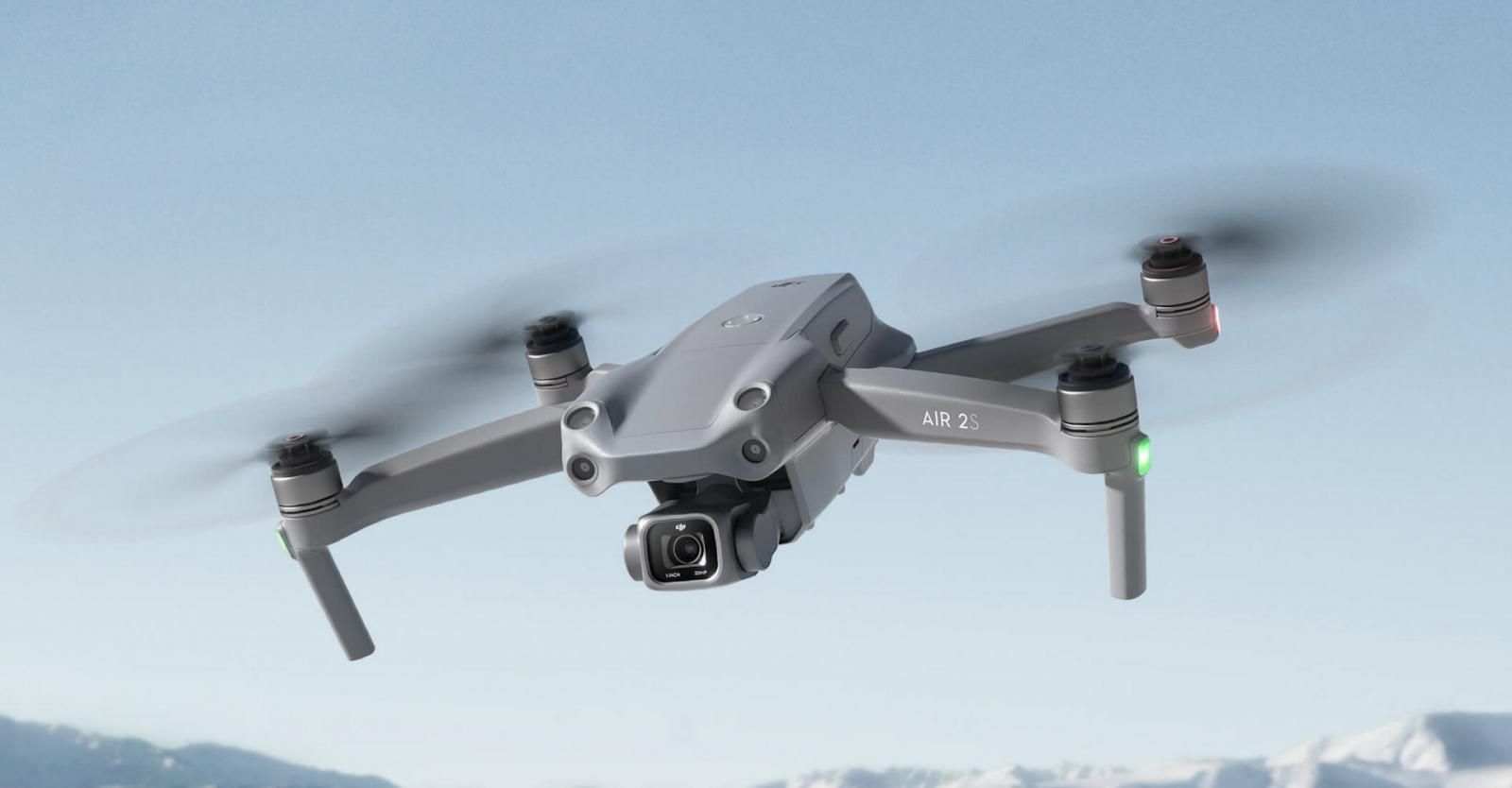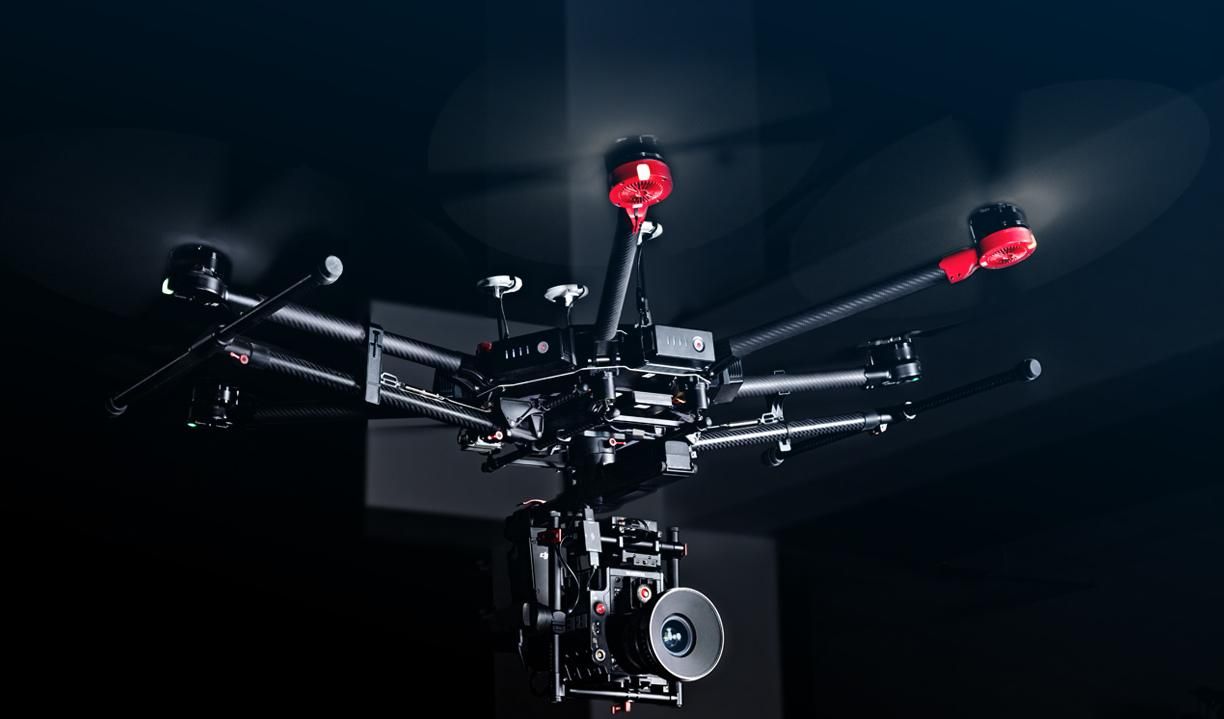Da-Jiang Innovations – popularly known as DJI – has lately been in the news for more than just its popular drones. The company was put on the US government’s Entity List over allegations of enabling human rights abuse and surveillance in China. Moreover, the Interior Department grounded its fleet of DJI drones last year over security concerns. But there is finally some good news for the Chinese company, as the Pentagon has cleared two of its drones of any security risks. The DJI fleet of drones was grounded over allegations of data sharing with the Chinese government, reports The Hill.
“An analysis of the two Da Jiang Innovations (DJI) drones built for government use found “no malicious code or intent” and are “recommended for use by government entities and forces working with US services,” the summary said.
The remainder of the report, dated May 6, remains classified. The report’s author, second chief warrant officer with the U.S. Army Special Operations Command Adam Prater, declined to publicly comment on the summary,”
Specifically, the Pentagon has cleared only two drone models so far – the DJI Mavic Pro and Matrice 600 Pro. However, it will still come as a relief for the brand after being under the scanner for over security threats, especially after giants like HUAWEI have had to face terrible consequences after being blacklisted for similar reasons.
DJI Matrice 600 Pro, one of the models given a clean chit by the Pentagon
DJI, on the other hand, has maintained that the company is not involved in any secretive data-sharing practices with the Chinese government and that its drones are safe to use. “This U.S. government report is the strongest confirmation to date of what we, and independent security validations, have been saying for years – DJI drones are safe and secure for government and enterprise operations,” a DJI spokesperson was quoted as saying.
While two of DJI’s drone models can now be again used by the Interior Department, there is no relief for the company regarding its inclusion on the Commerce Department’s Entity List. Even though the sale of its product has not been banned, sourcing technology from US-based firms would still require approval, and then there are risks of supply chain disruption as well as reputation loss.


